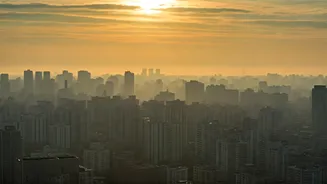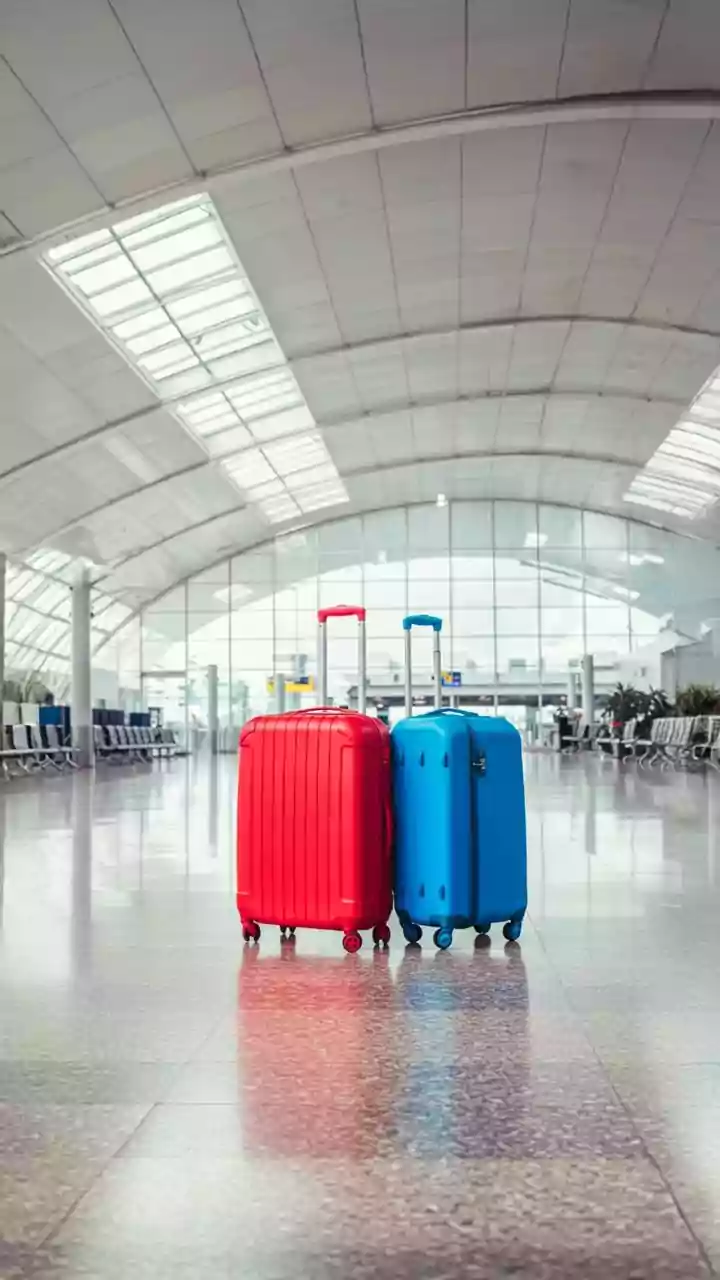Emergency Declared
The Aam Aadmi Party (AAP) has officially declared Delhi's air pollution situation a full-fledged public health emergency, signaling the severity of the crisis.
This designation is a significant step, emphasizing the urgent need for comprehensive measures to protect the health of Delhi's residents. The declaration underscores the critical state of air quality, which has become a major concern for public well-being, demanding immediate action and effective strategies to combat the pollution and its detrimental effects.
Impacts of Pollution
The detrimental effects of air pollution are widely recognized. Exposure to polluted air can lead to various respiratory problems, heart ailments, and other health issues. Vulnerable groups, such as children, the elderly, and those with pre-existing conditions, are at higher risk. The long-term exposure to toxic air components could result in an increase in the number of cases of critical illnesses. Immediate actions are needed to combat this, especially during seasons with adverse weather conditions that exacerbate air pollution. Public health is under serious threat.
Addressing the Crisis
Addressing the air pollution crisis requires a multi-pronged approach involving various stakeholders. Government efforts must include implementing strict emission norms, promoting public transportation, and encouraging the adoption of cleaner fuels. Individuals can contribute by reducing their reliance on private vehicles, using public transport, and avoiding activities that release pollutants. Further, raising public awareness regarding the severity of the crisis through awareness campaigns and educational programs are also of utmost importance in creating collective action and encouraging behavior change in the public.
Immediate Measures
To mitigate the immediate effects of air pollution, the implementation of short-term measures is crucial. These measures might include the temporary shutdown of construction activities, strict enforcement of restrictions on polluting vehicles, and the distribution of masks to vulnerable populations. Further, the use of technology like air purifiers and air quality monitoring systems can help in the timely detection of pollution hotspots. Public health advisories need to be issued, ensuring that citizens have information on ways to protect themselves from adverse health impacts.
Long-Term Strategies
For sustainable solutions, long-term strategies are crucial. These involve investments in sustainable infrastructure, such as enhanced public transport networks, the promotion of electric vehicles, and the development of renewable energy sources. Planting more trees and promoting green spaces can help in filtering the air and reducing pollution. Furthermore, the collaboration between different government departments, along with research institutions, is essential to understand the root causes of the pollution and formulate effective strategies.



















